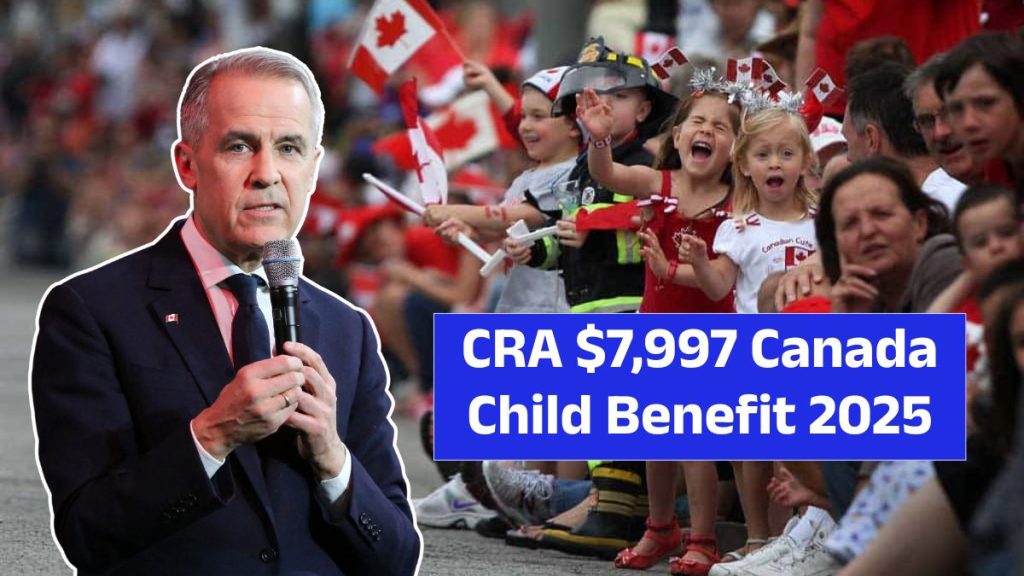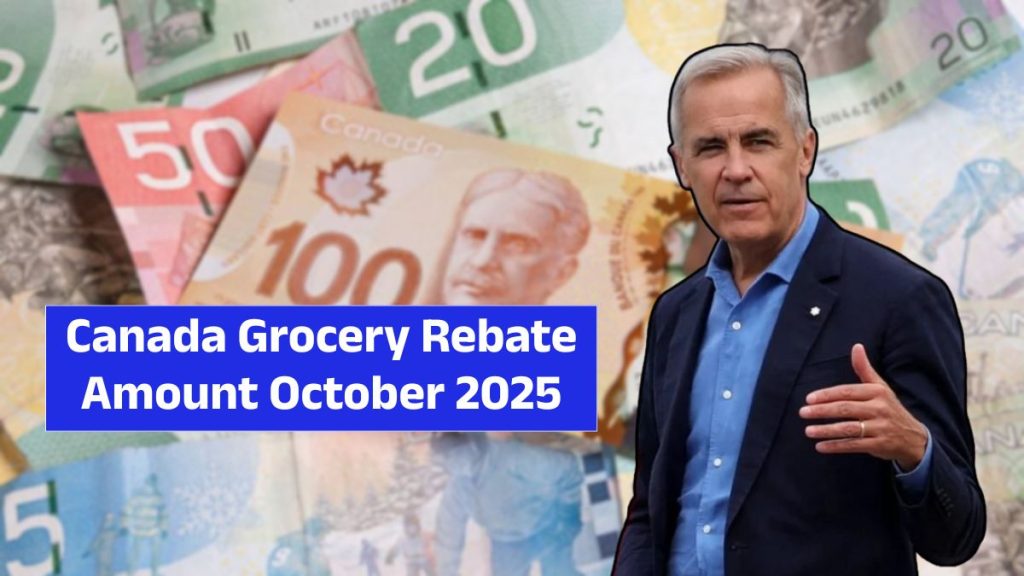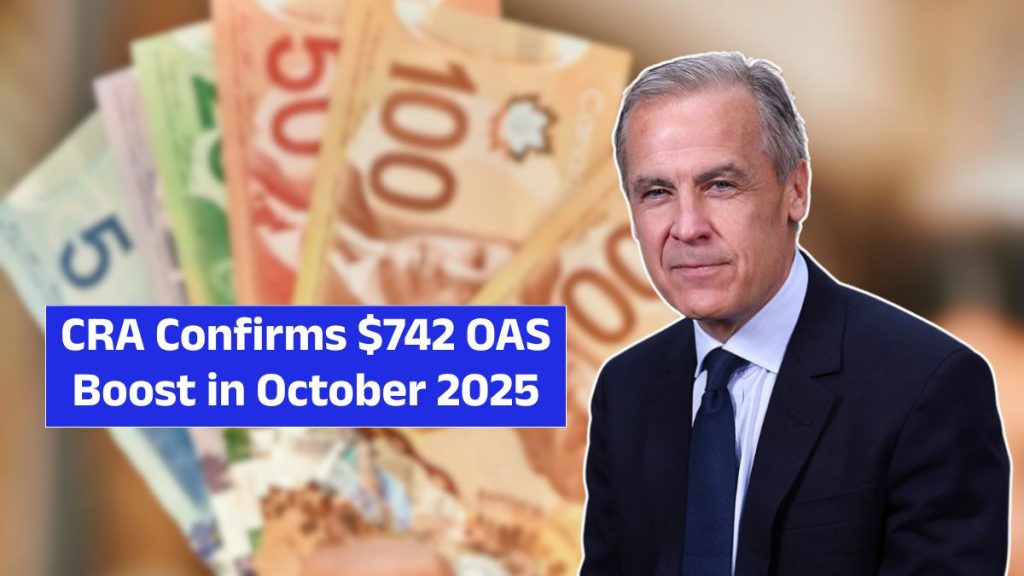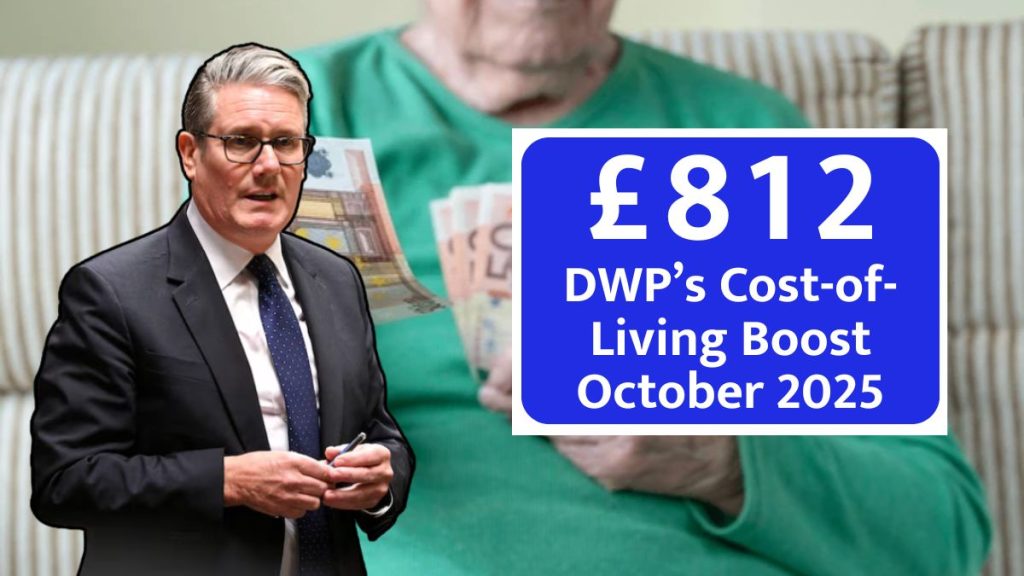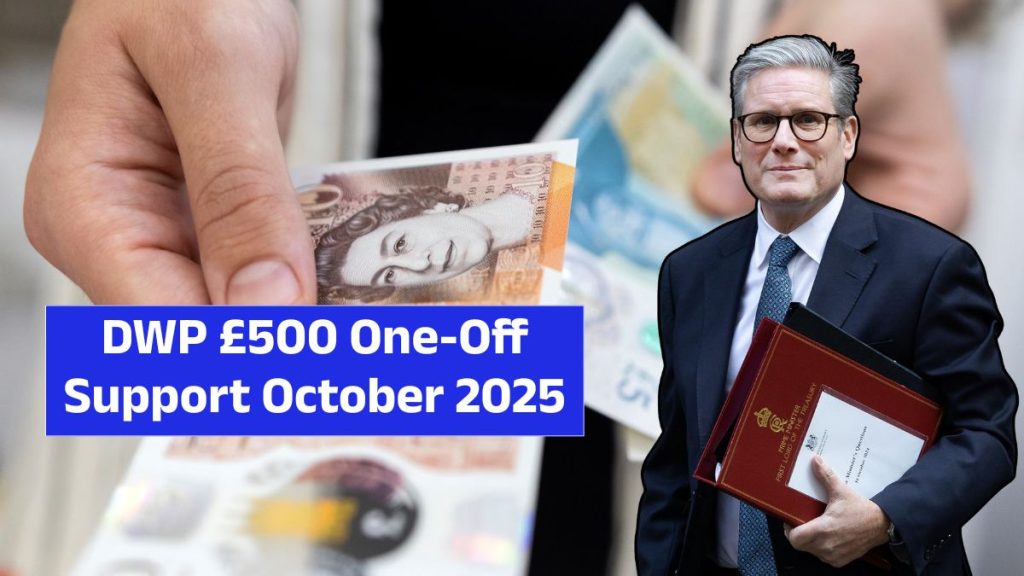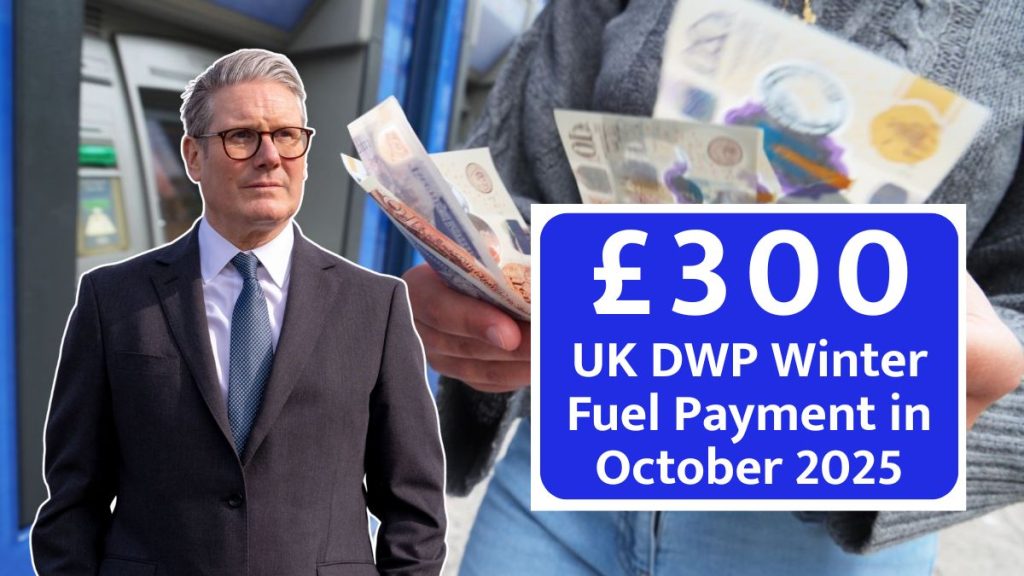The DWP’s £812 Cost-of-Living Boost scheduled for October 2025 has sparked widespread attention across the UK. With rising costs continuing to squeeze households, many are asking: Is this payment real? Who will qualify? And when could it arrive?
Although online posts and social media chatter highlight this figure, the Department for Work and Pensions (DWP) has not yet issued any official confirmation. That doesn’t make the discussion irrelevant — in recent years, similar payments have been rolled out, providing lifelines for millions. Still, until the government speaks, the £812 boost remains speculative.
Why the DWP £812 Boost Is in the Spotlight

The UK has a history of rolling out Cost of Living Payments to help people handle rising prices. From 2022 to 2024, households received up to £900 across multiple instalments, automatically deposited into benefit accounts.
With that history, it’s no surprise that when blogs and community forums mention a potential £812 support payment, people take notice. For struggling households, such a boost could cover weeks of groceries, heating bills, or part of rent. The silence from officials, however, makes it vital to separate rumour from reality.
Past Cost-of-Living Payments: A Quick Recap
To understand the current buzz, it’s important to look at what has already been delivered:
- 2022–2023: Launch of Cost of Living Payments, up to £650 for Universal Credit claimants.
- 2023–2024: Increased to as much as £900 for certain households.
- Pensioners: Received Winter Fuel Payments on top of other support.
- Disabled households: Got £150 Disability Cost of Living Payments.
All these payments were automatic. The only requirement was to already be receiving qualifying benefits during set “qualifying weeks.”
Possible Eligibility If the £812 Boost Is Confirmed
If the government does move ahead, eligibility will almost certainly follow previous rules. Likely qualifying groups include:
- Universal Credit recipients
- Income-based Jobseeker’s Allowance (JSA)
- Income-related Employment and Support Allowance (ESA)
- Income Support
- Pension Credit
- Tax Credit claimants (Working Tax Credit or Child Tax Credit)
Pro tip: Pension Credit often unlocks access to wider support. In past years, late applications even allowed backdated eligibility for Cost of Living Payments.
How Payments Typically Work
If the £812 boost follows the same structure as past schemes, here’s what to expect:
- Automatic deposit: Paid directly into benefit bank accounts, with no need to apply.
- Possible instalments: Payments may be split rather than one lump sum.
- Non-taxable: These payments usually don’t count as income and don’t affect benefit entitlements.
Why the Amount Might Be £812
The unusual figure of £812 has raised eyebrows. Analysts suggest it may be an estimated average boost tied to inflation projections, or it could represent a phased top-up spread over winter months. Others argue it may be confusion with pension upratings or Winter Fuel Allowance. Until the DWP confirms, the true explanation remains unclear.
Preparing for the Possibility
Even though the payment is unconfirmed, households can prepare now:
- Check eligibility: Ensure you’re enrolled for benefits like Pension Credit.
- Budget carefully: Plan your finances assuming the payment doesn’t happen, treating it as a bonus if it does.
- Explore existing schemes: Support like the Warm Home Discount, Cold Weather Payment, and Council Tax Reduction is already confirmed.
- Stay alert to scams: Fraudsters may exploit the rumour. Remember: legitimate payments are automatic.
Wider Economic Impact of a One-Off Payment
Cost of Living Payments don’t just support individuals — they ripple through the economy:
- Boosting household spending: Many use the cash for groceries, heating, and bills, which supports local businesses.
- Debt relief: Some families pay off high-interest debts.
- Mental health benefits: Easing financial stress brings relief and stability.
Critics, however, argue that one-off boosts are not long-term solutions. They point to structural issues like rising housing costs, inflation, and stagnant wages. Some experts argue for permanent reforms such as inflation-linked benefits or rent controls.
Alternatives Already Available
Even if the £812 payment never arrives, confirmed schemes include:
- Winter Fuel Payment: Between £250 and £600 for pensioners.
- Cold Weather Payment: £25 per week during severe cold spells.
- Warm Home Discount: £150 off electricity bills for eligible households.
- Council Tax Support: Income-based reductions.
- Disability Benefits: Additional support for those with long-term conditions.
Checking these schemes may be just as important as waiting for unconfirmed rumours.
Spotting Misinformation and Scams
Because the £812 payment is still speculative, misinformation spreads fast. Protect yourself by:
- Relying only on official GOV.UK announcements.
- Avoiding third-party “application” websites.
- Watching for red flag language like “guaranteed payout” or “apply here.”
- Following trusted news outlets.
International Comparisons
The UK isn’t alone in tackling cost-of-living crises:
- United States: Pandemic-era stimulus checks of up to $1,400.
- Canada: One-off Grocery Rebates for low- and middle-income families.
- Germany: Energy subsidies and public transport discounts.
This shows that governments everywhere are experimenting with different relief methods.
Frequently Asked Questions (FAQs)
Q1. Is the £812 Cost-of-Living Boost confirmed by the DWP?
No. As of now, the DWP has not confirmed or announced any such payment for October 2025.
Q2. Who might qualify if it is approved?
Likely groups include those on Universal Credit, Pension Credit, ESA, JSA, Income Support, and Tax Credits.
Q3. Do I need to apply for this payment?
No. If it follows past schemes, it would be automatic for eligible claimants.
Q4. Could this payment affect my benefits?
Historically, these payments are non-taxable and do not affect ongoing benefit entitlements.
Q5. What should I do while waiting for confirmation?
Check your benefit eligibility, keep bank details updated, and monitor GOV.UK for official updates.








